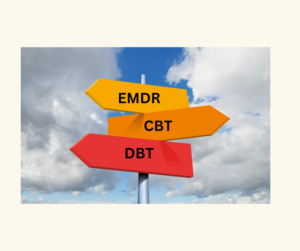
The Science Behind CBT: Why It Works for Mental Health Disorders
Mental health treatment has evolved significantly over the last few decades, but one therapy remains a cornerstone of effective care across diagnoses, populations, and care
Home » Cognitive Behavioral Therapy (CBT)

Mental health treatment has evolved significantly over the last few decades, but one therapy remains a cornerstone of effective care across diagnoses, populations, and care

Cognitive Behavioral Therapy (CBT) has become one of the most trusted, scientifically backed forms of psychotherapy for treating anxiety and depression—two of the most widespread

Mental health challenges like anxiety, depression, trauma, and bipolar disorder are deeply personal and often complex. Effective treatment needs to address not just the symptoms—but

Recovery from mental health and substance use disorders is not a one-size-fits-all process. It requires the right tools, consistent support, and personalized strategies. For many

Addiction is not just a physical dependency—it is deeply rooted in thoughts, emotions, and behaviors. For many individuals, substance use becomes a way to cope

Mental health challenges don’t always begin with external circumstances—they often start with the way we think. Cognitive Behavioral Therapy (CBT) is a proven, evidence-based treatment

Mental health treatment is not one-size-fits-all. While two people may share the same diagnosis—such as anxiety, depression, or bipolar disorder—the therapy that works best for

Attention Deficit Hyperactivity Disorder (ADHD) affects millions of people worldwide, making it challenging to stay focused, organized, and manage impulsivity. For individuals struggling with ADHD,

If you or a loved one are living with schizophrenia, you’re not alone. This complex mental health disorder affects approximately 1.1% of the U.S. adult

Are you struggling with mental health challenges that seem insurmountable? You’re not alone. According to the National Institute of Mental Health, nearly one in five